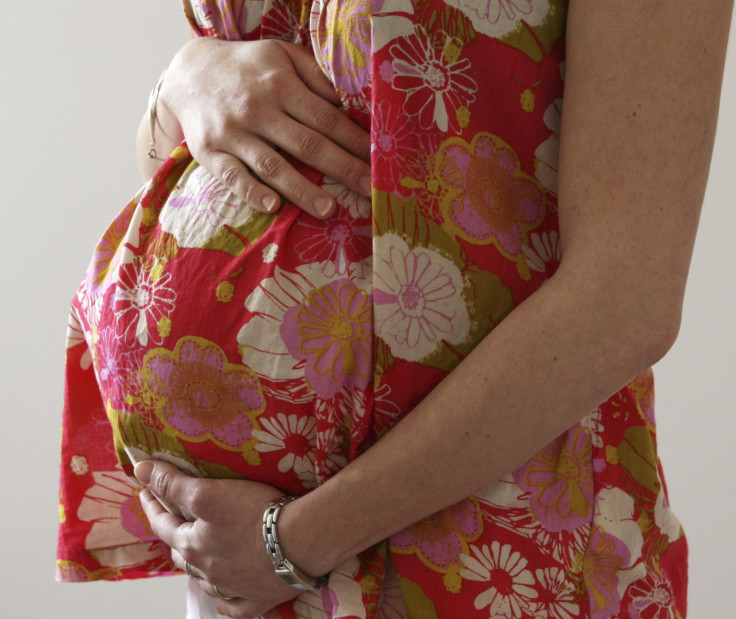Human foetus ejection: Where babies are born without the mother thinking

Childbirth for modern humans could be easy and quick if women were able to switch off their neocortical activity, an obstetrician has said.
Michel Odent, who has been in charge of around 15,000 hospital births during his 50-year career, was speaking to New Scientist about the main problems with modern labour.
He pointed to a rare event he calls human foetus ejection, where the mother's neocortex activity appears to have reduced so she is no longer thinking properly.
Describing it, he said: "When a woman in labour is not under neocortical control, she will say completely crazy things, nonsense. If nobody is interfering, there will suddenly be a short series of irresistible contractions, no voluntary movements at all. It's as if the woman is in a kind of ecstatic state, off the planet, and then the baby is born. It's a quick and easy birth.
"I think I have seen one or two real foetus ejection reflexes in those circumstances: it is exceptionally rare in that setting, with people around. I have seen it more often in home births.
He added that human foetus ejection is possible but only in "some exceptionally rare situations in our societies".
Childbirth is still extremely dangerous for women – an estimated 800 women die every day, with 99% of the deaths taking place in developing countries. In the UK, 8.2 women in every 100,000 live births dies. In the US, this figure is 16.7.
Odent said people often believe childbirth is difficult for modern humans because of the size and shape of the baby in comparison to the woman's pelvis. It is thought this was an evolutionary trade-off for us walking upright.

However, he does not think this is necessarily the case. Odent said: "Some women give birth easily: in some cases, the baby may be born before the mother even realises she is in labour. In reality, the main reason for difficulties in childbirth is that women's capacity to give birth is repressed by neocortical activity in the brain. Put simply, the mother goes on thinking in the birthing situation.
"The neocortex is highly developed in humans – it allows us to do mathematics, use language, answer questions... It is the thinking brain. But in some situations, neocortical activity can suppress vital activity in our primitive brain. A woman in labour needs to be protected against all possible stimulation of her thinking brain, because giving birth is the business of primitive brain structures."
He said the "socialisation" of childbirth has led women to think they cannot give birth alone and cannot "let go" of this neocortical activity with so many people surrounding them.
Odent warned childbirth will likely get more difficult in the future because we have removed the laws of natural selection through modern medicine. He said that while there is no "ideal model" for childbirth, it has become "culturally unacceptable to create conditions that encourage a fast and easy birth".
By not utilising the neocortical activity, he said the future is fairly bleak for childbirth in humans. Odent added: "For how long can we go on not using such a key physiological function? We understand... that when physiological functions are underused, they can become weaker from generation to generation. I cannot see how we can stop this process. The most probable result is a future in which most people are born by caesarean section."
© Copyright IBTimes 2025. All rights reserved.






















